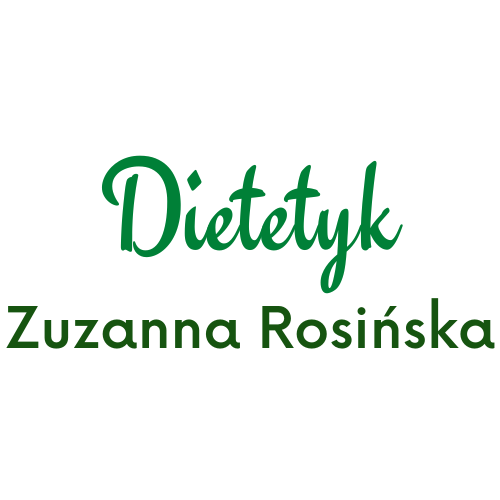Nootropics Bez kategorii
Nootropics (procognitive) are drugs, dietary supplements or other substances that enhance the cognitive functions of the human body, especially memory, creativity and motivation in healthy people. However, it is necessary to use them in appropriate doses, and it is best to consult a specialist or doctor. Their consumption is still a controversial issue, especially from an ethical point of view.
The name comes from the medical literature of the 1970s and was first used by the Romanian chemist Corneliu E. Giurgea. The term is derived from the combination of two Greek words: “nous” (understood as reason) and “trepein” (translated as “turn or bend”).
Nootropics – Functions
- improving memory and learning performance
- improving merger control
- must protect the brain tissue
- may not be toxic to the body
There are many drugs on the market that have been proven to improve mental function, but the most commonly consumed are stimulants such as caffeine. With such availability of pharmacological agents, the intake is very high, which favours the occurrence of overdose symptoms. This has harmful effects on health.
Nootropics can improve health in diseases such as Parkinson’s, Alzheimer’s, Huntington’s and ADHD.
They are most often reached by people between the ages of 18 and 40 (young people, students and people with strenuous mental work).
Composition of Nootropics
- Caffeine
- Amphetamine derivatives (e.g. dextramfetamine)
- Lecithin
- Cholinesterase inhibitors
- Theanine
- Ginkgo biloba
- Ginseng
- and many others
Mechanism of action
Vinpocetine – Improvement of cerebral microcirculation and increase of oxygen and glucose consumption of cells in hypoxia (oxygen deficiency)
Ginkgo biloba – antioxidant effect
Nicergoline – improves blood circulation to the brain
Some of the ingredients have a neuroprotective effect and others stimulate neurogenesis. The intake of other substances increases the stability of the membranes of nerve cells or increases the synthesis of different neurotransmitters.
Side effects of regular use of high doses of nootropic drugs
- their use is comparable to the use of so-called anabolic steroids in sports
- hyperactivity -> prolonged use may lead to CNS disease and then ADHD
- act only positively by taking them for a short time, prolonging it side effects may occur
- the body may become dependent on the intake of the substances contained therein, resulting in a reduced response to the intake of the substance, resulting in increased consumption
Types of medicines:
- stimulants (nicotine, amphetamine and its derivatives,
- nutraceutika (Ginseng, Billapmolgo)
- racetamas
- substances mistakenly thought to improve brain performance (omega-3 fatty acids, vitamins B6, B12 and E-vitamins)
These terms for relationships seem unfamiliar to you at the moment. But once you hear them or see them on the packaging of a product, you may know the effect of these substances and the possible restrictions on their use after reading this article. Before consuming, it is preferable to consult a specialist and ask about the frequency and quantity of its intake.
The main error of its intake is the frequency and its dosage. Let’s read the brochures!!!
Consumers, better bet on a healthy diet that ensures that your brain works properly 😉
Since I don’t see the need to supplement the brain with artificially produced and harmful substances, I don’t recommend them. Because you can achieve the same effect with natural ingredients of food. As a nutritionist, I always choose the healthiest path for the patient.
